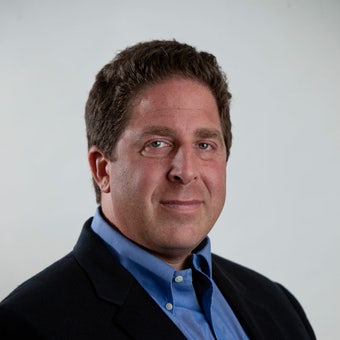Former Education Secretary DeVos warns against 'progressive' education policies: 'Families have awakened'
Former Education Secretary Betsy DeVos joined the 'Brian Kilmeade Show' to discuss the role of education in politics and how COVID impacted the push for parental influence in the classroom.
As kids head back to school this fall, school choice is on a roll. Public support is impressive and broad-based, with more than 70 percent of parents supporting public charter schools, voucher programs, and education savings accounts. State legislatures across the land have been adding and expanding school choice programs, with Arizona’s new education savings account program offering a vision of universal choice that would’ve been unimaginable even a few years ago.
The reason for all this isn’t hard to fathom. Two years of mediocre remote learning and school closures taught many parents that they couldn’t count on school districts when the chips were down. Schools seemingly bent on teaching kids that America is a "slavocracy" or talking to kindergarteners about gender fluidity have left other parents eager for alternatives. Divides over masking, vaccine mandates, and COVID-19 protocols forced other parents to seek out schools that addressed their concerns.
School choice provides a remedy for all of this. It gives families recourse when local schools drop the ball. It offers an out to families frustrated with district groupthink or inertia. It offers more options to families concerned that a school isn’t the right match for their kid.
Notice how practical all of this is. It’s not about ideology or abstractions. It’s about all the ways in which empowering parents makes it possible for them to put their children in schools that respect their needs, reflect their values, and take care of their kids.
There’s an important lesson here, especially as the pandemic recedes. After all, while these prosaic benefits have always existed, these kinds of appeals have rarely been front-and-center in choice advocacy. Why is that?
A big part is that choice advocates allowed themselves to get dragged into abstract debates that can obscure the real-world benefits of choice while alienating plenty of apolitical parents who just want good options for their kid. Over the years, choice advocates have tended to offer a lot of brash talk about "blowing up school districts" and "putting an end to zip code education." As a result, school choice has had a bumpier road than one might’ve expected.
Here’s the thing: It turns out that most Americans feel warmly about their local school districts, even if they want the option to send their kid to another school. Wanting more options doesn’t mean families dislike their local schools or are eager to flee them. Earlier this year, 77 percent of parents said they were satisfied with their child’s experience in a public district school even as supermajorities endorse most choice options.
Parents want options and the flexibility to access rigorous instruction or protect their kids from troubling agendas. But they also value schools as community anchors, appreciate their kid’s teachers, and may live where they do precisely because they like the local schools. The reality is that most Americans like their communities and local schools, and aren’t enthused about revolutionaries who seem eager to disrupt their lives.
There’s a general rule here that school choice champions would do well to remember. While abstract arguments may work in debates over fiscal policy or foreign affairs, they don’t work in education. Education is too personal and too intimate for that kind of appeal.
And for good reason. Children aren’t abstractions, and no parent is willing to entrust their child’s well-being to radicals who think about schools that way. School choice advocates have long gotten tripped up here, talking about test score analyses or market dynamics rather than everyday benefits.
CLICK HERE TO GET THE OPINION NEWSLETTER
Indeed, before the pandemic, they tended to really only make the case in personal terms when it came to low-income students trapped in failing schools. This kind of appeal helped promote choice in urban centers. But it also gave the impression that choice is only a last resort for those trapped in poverty, that it’s just not relevant for other families.
CLICK HERE TO GET THE FOX NEWS APP
There are at least three takeaways here for choice advocates.
- Be clear that the point is to offer options, not pursue disruption.
- Celebrate choice as a way to enrich a community’s tapestry rather than an attempt to upend community ties.
- Focus on concrete applications rather than grandiose policy designs.
Choice is on a roll precisely because it’s provided families a refuge from school closures, COVID-19, and ideological extremism. That’s a lesson worth taking to heart.












































